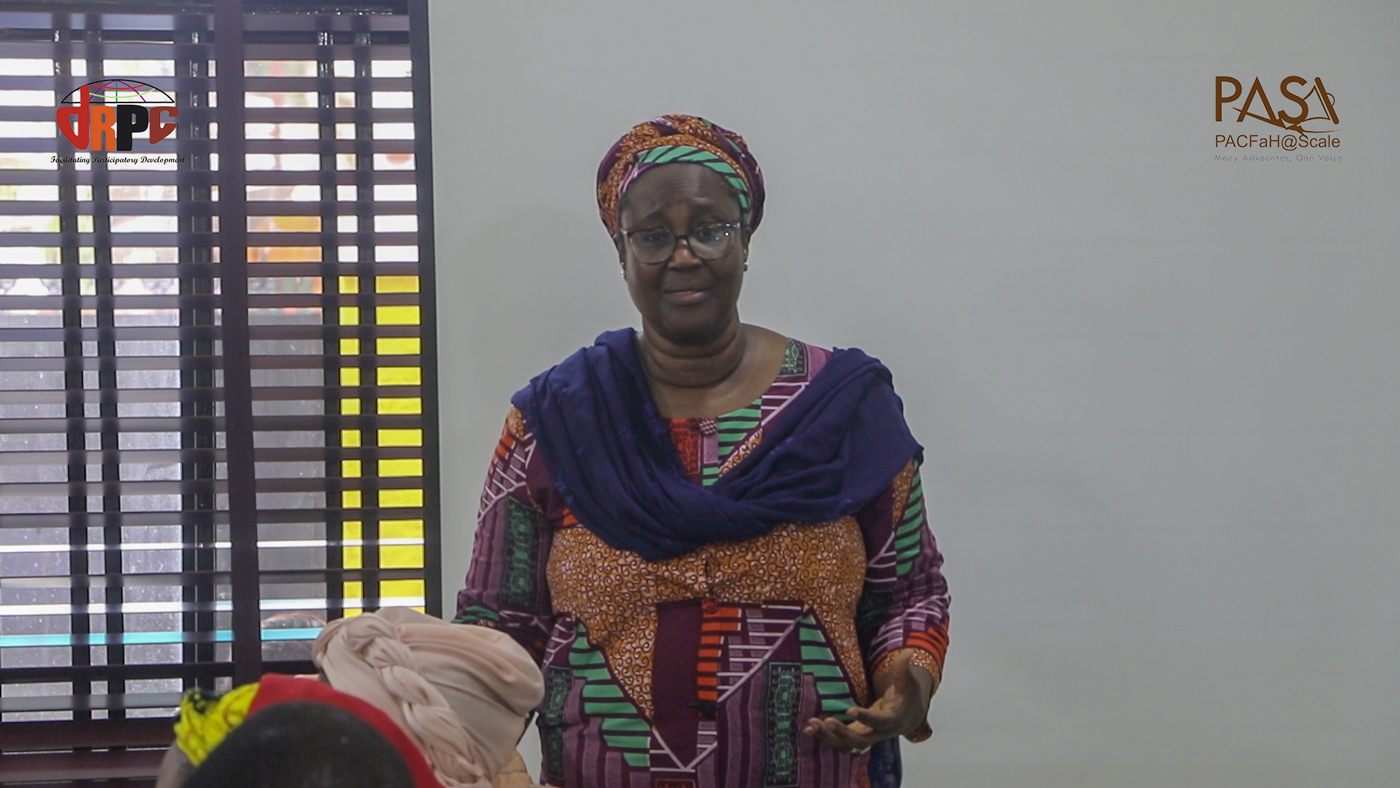Dr. Judith Ann-Walker is the Executive Director, Development Research and Projects Centre, anchors of the Partnership for Advocacy in child and family Health At Scale, PACFaH@Scale. She can be reached at drpc20022002@yahoo.com
For the fifth year in succession, the health sector has been relegated to a less significant sector in terms of Nigeria’s national priorities in the annual budget. Both the 2014 Budget for Jobs and Inclusive Growth and the 2015 budget of Transition allocated only 5.78% to the health sector. The 2016 Budget of Change was no better with only a 4% allocation. This was also the case for the 2017 Budget of Economic Recovery and Growth; the 2018 Budget of Consolidation; and the 2019 Budget of Continuity with 4%, 4.4% and 4.75% allocated respectively.
With a gloomy 2020 global economic forecast and an annual population growth rate of 2.6%, it is easy to be persuaded by the government’s disproportionate prioritization of the economy. Not surprisingly, the 2020 budget, dubbed the budget of Sustaining Growth and Job Creation, similar to the 2014 budget, focuses squarely on economic development. However, to balance off the disproportionate focus on infrastructure, transportation and the economy the government of the day has paid some limited attention to the social sector by allocating billions to social investment programs, to education and SDG 5 – Achieving gender equality and empowering all women and girls – which received more than half of the 40billion allocated to SDG funds.
Budgeting is a difficult task and no government can satisfy all sectoral interests. However, in budgeting for the people, the government must be consistent with its own policy pronouncements on the centrality of health in its human development program. Indeed, it is page 3 of the Call Circular for the Budget of 2020 where health came in first place for honorable mention as government guided MDAs on budgeting principles: “Prominence should also be accorded to human capital development, specifically Health, Education and Social Inclusion”.
The 2020 budget has done justice to government guidelines on education and social inclusion. But where is health? The proposed 2020 budget of the Federal Ministry of Health is N427.30 billion, which amounts to just 4.14% of the budget as against the 4.75% of the 2019 approved budget. This means that instead of moving forward we have moved backward, losing the match before the whistle is blown.
But perhaps more worrying is that the statutory transfer of the 1% Consolidated Revenue Fund (CRF) has been cut by half. The Federal Government has proposed N44.50 billion for the Basic Health Care Fund in the 2020 budget. This does not appear to be in accordance with the National Health Act (2014). In the Act, the Federal Government ought to allocate at least 1% of the Consolidated Revenue Fund (CRF) for BHCF, which should be about N81.55 billion.
In the face of this deprioritization and disinvestment in the health sector, professional health associations and Nigerian citizens are calling upon the Legislature to reposition health as a catalytic sector for national development. Civil society organizations under the Partnership for Advocacy in Child and Family Health at Scale (PACFaH@Scale)coalition, call on Legislatures not to be confused by the argument that funds released to the health sector are returned to the treasury on an annual basis. This is not an indication that the health sector is adequately funded. Rather, this is evidence that late releases and poor fiscal discipline lead to costs overruns a host of incomplete health sector capital projects. Happily, the 2020 budget lays emphasis on completing ongoing projects “rather than commencing new ones”.
So as the 9th NASS studies, reviews and analyzes the 2020 budget, citizens and civics of Nigeria call upon Legislators to score a goal for health. A goal for health is a goal for every other sector- education, infrastructure, transport – all sectors. A healthy population is a productive population.


